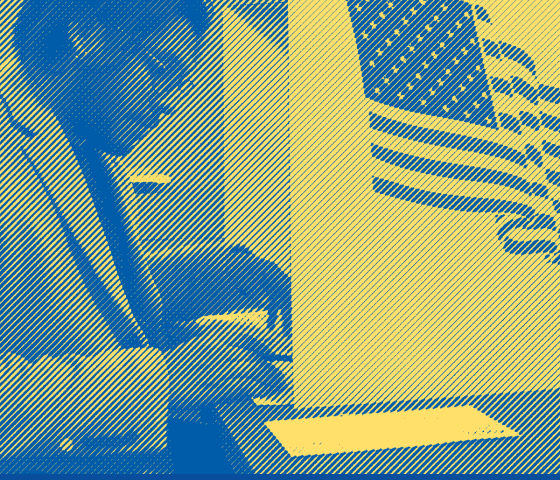Des Moines, Iowa — The ACLU of Iowa is part of a friend-of-the-court (amicus) brief filed today in the U.S. Supreme Court in Grants Pass v. Johnson, arguing that the Eighth Amendment’s prohibition on cruel and unusual punishments does not allow cities to issue fines or arrest people for sleeping outside in public when they have no access to adequate shelter.
Nationally many cities and towns have ordinances that criminalize being homeless, including sleeping in public. In Iowa, some cities with known problem ordinances include:
- Dubuque recently passed such an ordinance.
- Davenport has an ordinance banning sleeping in parks.
- Cedar Rapids and Des Moines have been identified as cities that criminalize being homeless and sleeping in a public area (see pages 59 and 60 in this 2019 national report on criminalizing homelessness).
- Iowa City forbids being in parks overnight.
- Ankeny recently passed a law forbidding sleeping in public spaces.
ACLU of Iowa Staff Attorney Shefali Aurora said, "The question before the Supreme Court is simple: Can cities that do not have enough shelter to meet everybody’s basic needs punish people for sleeping outside in a public place? The answer should be an emphatic 'no.'
"When you have no other place to stay—you can’t stay at a shelter, no one you might know locally will take you in, or you don’t even have a car to sleep in—what is a person supposed to do? Many homeless people don’t have any other option."
"Issuing fines that unhoused people couldn’t possibly afford or arresting them for sleeping outside when they have nowhere else to go is cruel. It runs afoul of basic human dignity and is exactly the type of cruel and unusual punishment the Eighth Amendment bars," Shefali said.
The ACLU of Iowa has done other work on ordinances that criminalize being homeless, including local laws that prohibit people from panhandling, including asking for food, money, or help.
More information on the lawsuit is available in a press release from the ACLU national office here.
